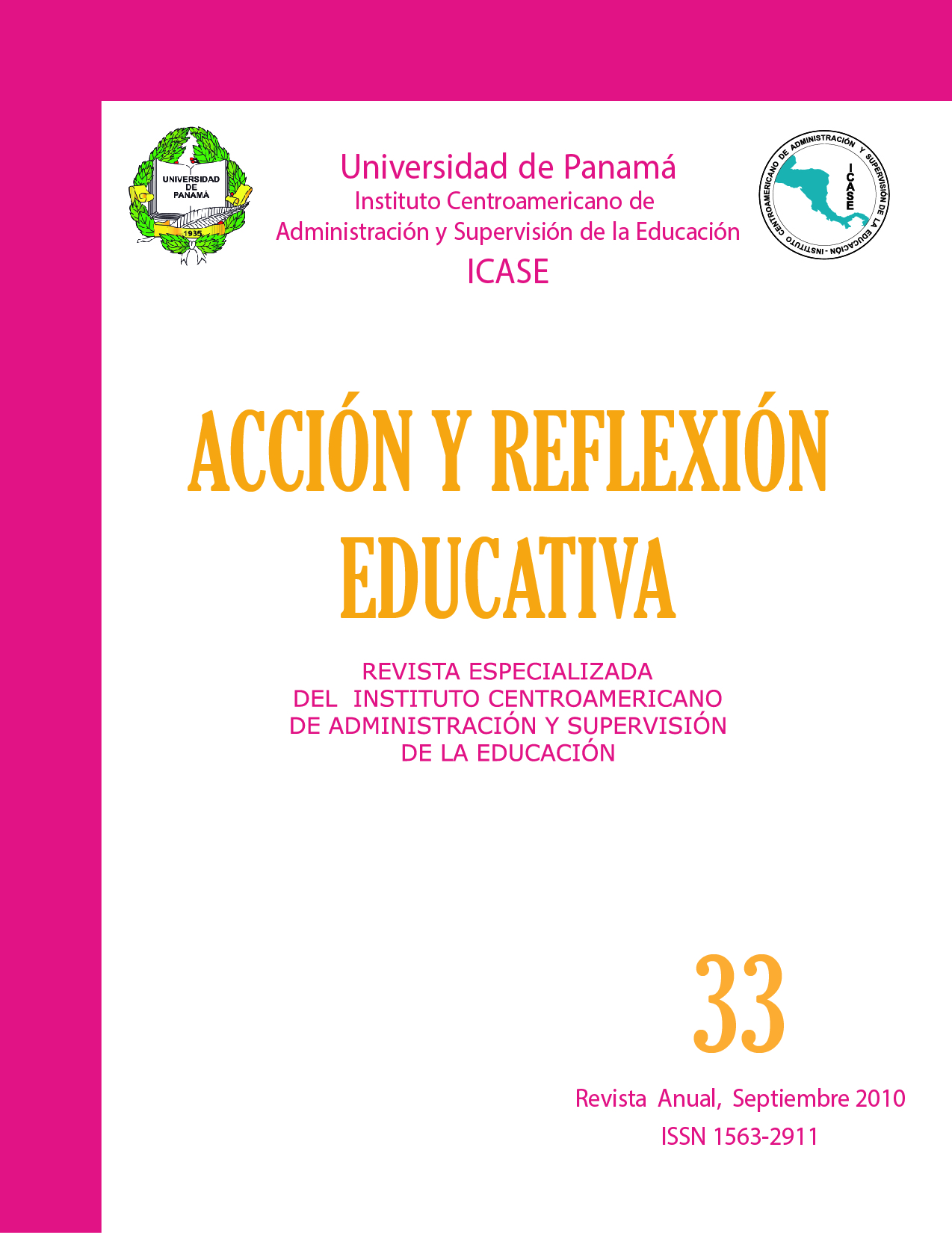

Copyright (c) 2023 Los autores

This work is licensed under a Creative Commons Attribution-NonCommercial-ShareAlike 4.0 International License.
Politics is a human and social activity which, motivated by collective interests, leads to wellbeing actions of change.
Public policies translate in actions to be developed towards a determined public object, making use of the authority and public resources to attain changes in the quality of life of a group of people. Policies are characterized for having a content and a program, for following norms, and for including social competence. Because of its nature, education involves politics; it is part of a macro political system, deriving from previous political actions, and it aims at influencing current and future education realities, committing to the assurance of the “common wellbeing”.
Education policies arise under this context to tend to the particular needs of the education system as a whole. Establishment of education policies is a defining element in the State’s actions to ensure the training of human resources, which is the basis of a country’s development; therefore, it is important to access information generated from research that would help in the decision-making process.
It is very vital to identify the links between policies and research. In recent years, education research has been stigmatized with quantitative and qualitative bias, which has come to hamper its applicability; hence, it is necessary to retrace methodologies towards more qualitative approaches that would make research easier and better applied as basic instrument for the establishment of education policies.
You may also start an advanced similarity search for this article.